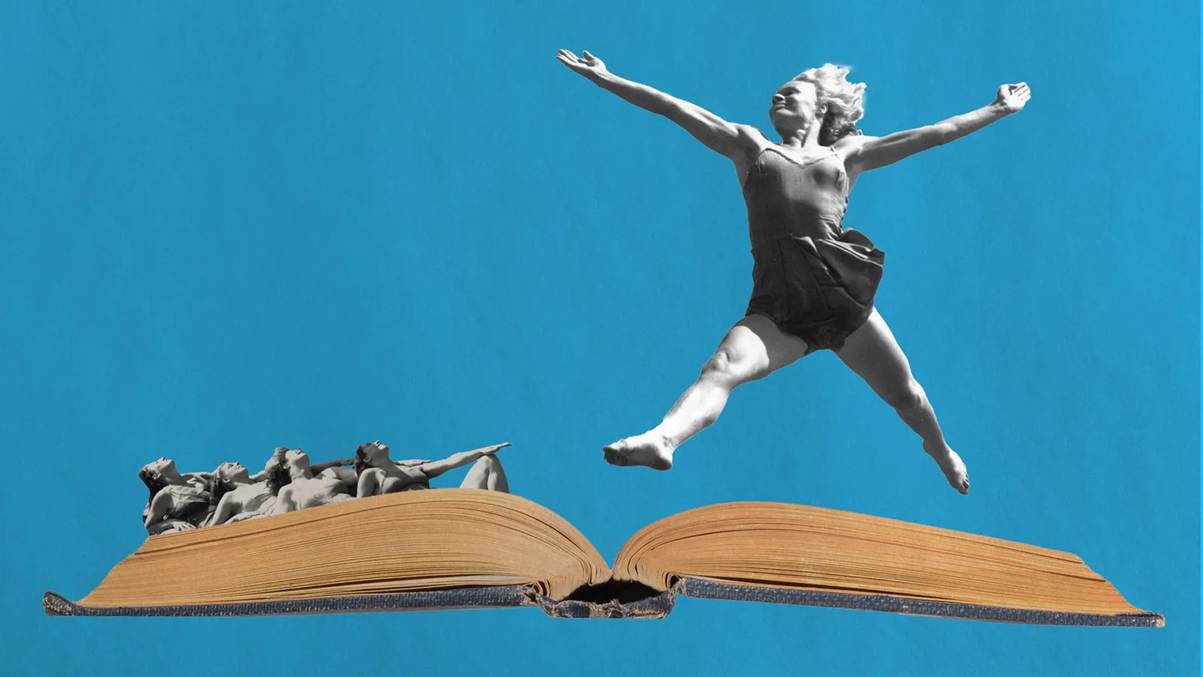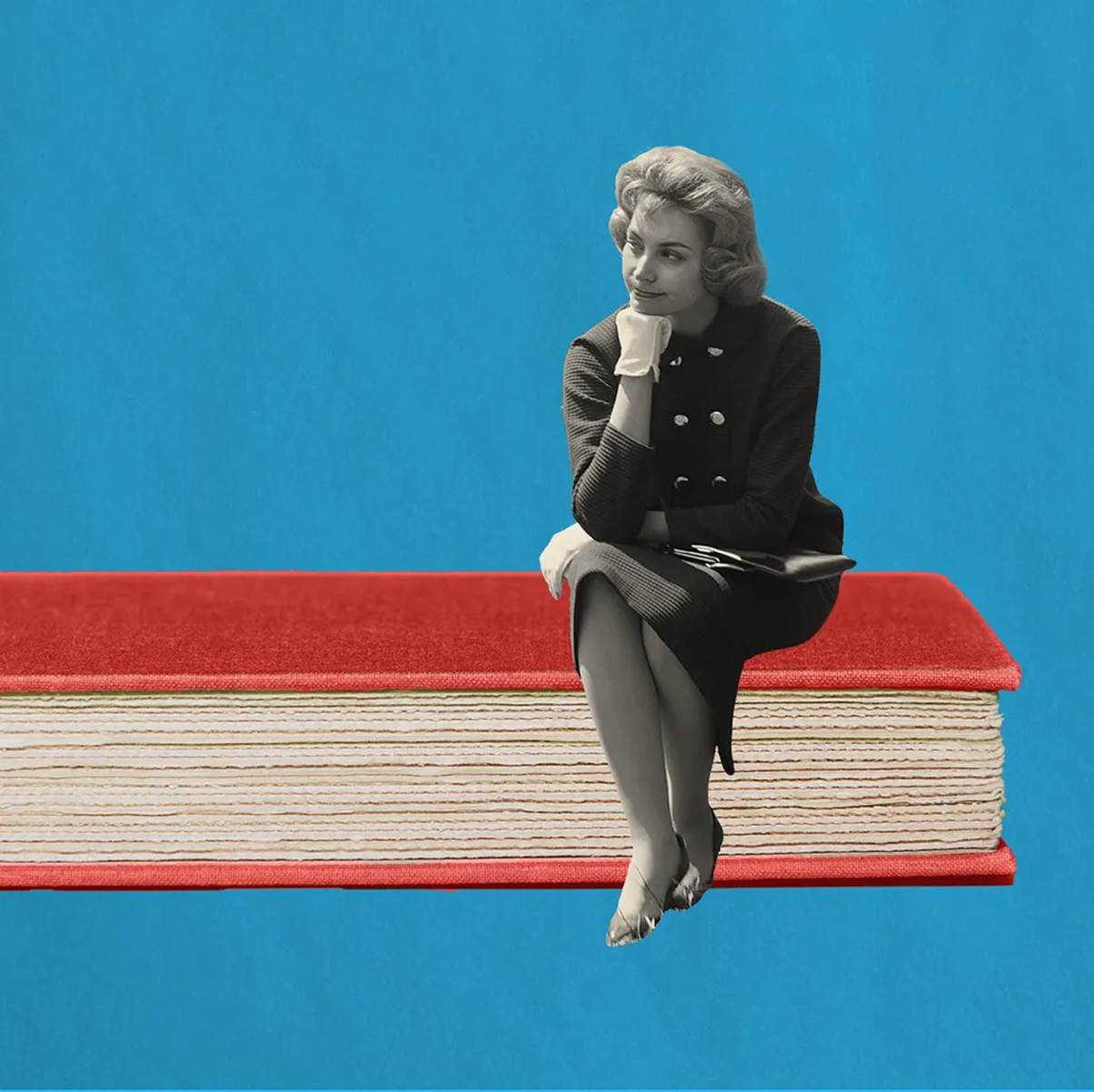
Bibliotherapy – the use of reading to support psychological wellbeing – has surged in popularity as a low-cost, accessible form of self-care. Yet while some find solace in stories and self-help manuals, others can experience increased rumination or distress when a book’s themes hit too close to home. Recent research, including a BBC Future feature, highlights that bibliotherapy’s success hinges on careful pairing of text and reader. At All Top Books, we invite you to explore both sides of this practice: why it works, when it can backfire and how to choose titles that truly aid your mental health. Remember to get professional advice if you decide to investigate further - we're just here to give you a starting steer.
Key Takeaways
- Bibliotherapy—the therapeutic use of reading—can support mental wellbeing when carefully matched to individual needs.
- Both self-guided and professionally led models offer benefits, from emotional insight to structured behavioural strategies.
- Reading can aid with stress reduction, emotional catharsis, and cognitive reframing, especially when combined with reflection or group discussion.
- However, poorly chosen titles may provoke distress, rumination, or misinterpretation of advice, particularly in those with complex conditions.
- Thoughtful book selection, pacing, and—when needed—professional support help maximise bibliotherapy’s healing potential while minimising harm.
Did you know reading the wrong book at the wrong time can worsen anxiety or trigger trauma?
Bibliotherapy isn’t risk-free—it's all about the match between reader and text.
What Is Bibliotherapy?
Bibliotherapy derives its name from the Greek biblion (“book”) and therapeia (“healing”). Originally introduced in the early 20th century through library-led programmes in hospitals, it has evolved into two main models:
- Self-guided bibliotherapy: Individuals select and read books independently, using reflection exercises or journalling to process emotions.
- Professionally led bibliotherapy: Facilitated by therapists, librarians or support groups, with structured reading lists and discussion sessions.
Historically, librarians in the 1920s curated poetry and fiction to comfort shell-shocked soldiers. By the 1970s, clinical psychologists began incorporating self-help titles into treatment plans. Today’s practice ranges from informal book clubs focused on wellbeing to formal prescriptions of Cognitive-Behavioural Therapy workbooks.
Understanding these origins and approaches ensures readers can choose the format that best aligns with their needs and circumstances.
How Reading Can Help

Numerous studies demonstrate bibliotherapy’s positive impact on mood, anxiety and resilience:
- Emotional catharsis: Immersing in a fictional character’s struggles can validate personal feelings and foster empathy.
- Cognitive insight: Non-fiction and self-help workbooks—such as those based on Cognitive-Behavioural Therapy—offer practical strategies for managing thoughts and behaviours.
- Stress reduction: Slow, focused reading lowers heart rate and reduces cortisol levels, similar to mindfulness practices.
For example, readers with mild depression report significant mood improvements after six weeks of guided self-help reading, compared to control groups.
In group-based models, discussing a shared text promotes social connection, which itself bolsters mental wellbeing. Schools and universities now incorporate bibliotherapy modules to tackle student stress, while workplace wellness programmes subsidise relevant titles.
Case in point: A small trial found that participants who read Self-Obsession (a psychological exploration of self-perception) for thirty minutes daily experienced a 20% reduction in self-critical thoughts over four weeks.
When matched correctly, bibliotherapy can thus serve as a powerful adjunct to traditional mental health interventions.
When Books Backfire: Potential Harms

Despite its benefits, bibliotherapy is not risk-free. Potential hazards include:
- Triggering content: Graphic descriptions or themes of trauma may induce distress or flashbacks in vulnerable readers.
- Excessive rumination: Obsessively analysing a book’s themes without professional guidance can amplify negative thought patterns.
- Misapplication of advice: Self-help manuals may oversimplify complex conditions, leading readers to feel blamed if they do not improve.
Those with severe mental health conditions—such as psychosis, acute trauma or eating disorders—should approach unguided bibliotherapy with caution. A person with a trauma history may find a memoir of abuse overwhelming, while someone with an eating disorder could be harmed by diet-focused cookbooks.
As the BBC Future article points out, the very quality that makes a book resonant—its emotional intensity—can also cause harm if not carefully selected.
Making Bibliotherapy Work for You
To harness bibliotherapy safely and effectively, consider the following steps:
- Set clear objectives
- Decide whether you seek emotional comfort, practical strategies or social connection.
- Keep a reading journal
- Note reflections, triggers and emerging insights to track progress over time.
- Pace your reading
- Schedule short, regular sessions rather than marathon reading binges.
- Choose credible authors and editions
- Look for clinical psychologists, accredited therapists or well-reviewed titles.
- Seek professional support if needed
If your mood worsens, discuss choices with a therapist, librarian or GP.
When to consult a professional:
- Persistent negative thoughts despite reading.
- Emergence of distressing flashbacks or panic.
- Uncertainty about interpreting self-help exercises.
All Top Books’ expert advisors can help you select titles tailored to your goals—whether coping with anxiety, improving self-esteem or simply finding solace in storytelling.
Top Five Recommended Reads for Bibliotherapy
Below is a selection of non-fiction titles from All Top Books’ Health/Lifestyle category, chosen for their therapeutic potential:
Title | Author | SKU | Price |
Overcoming Bulimia Nervosa | Christopher G. Fairburn | 23446 | £11.30 |
Self-Obsession | David McRaney | 23436 | £13.00 |
Autism For Dummies | Alan S. Ferguson | 23450 | £16.00 |
Five Weeks to Gut Health | Christine Bailey | 23419 | £12.00 |
Age of Diagnosis | Matt Little | 23360 | £18.00 |
Why these picks?
- Overcoming Bulimia Nervosa provides clinically tested coping strategies.
- Self-Obsession examines self-perception through psychology and Eastern philosophies.
- Autism For Dummies promotes understanding and acceptance of neurodiversity.
- Five Weeks to Gut Health links diet and mental wellbeing via gut-brain science.
- Age of Diagnosis explores shifting mental health categories and early intervention.
All Top Books offers free first-class UK delivery and expert guidance to ensure you find the perfect therapeutic read.
Conclusion: Bibliotherapy
Bibliotherapy offers a cost-effective, accessible path to improved mental health—provided books are chosen and used thoughtfully. By understanding its origins, benefits and risks, and by selecting reputable titles from All Top Books, readers can turn pages into practised self-care. When in doubt, professional guidance remains the safest companion on any bibliotherapeutic journey.
Discover expertly curated titles to support your wellbeing at All Top Books—where the right book can make all the difference.
Further Reading
- The long‑term effects of bibliotherapy in depression treatment: Summary: A systematic review demonstrating that bibliotherapy can sustain reductions in depressive symptoms over time, positioning it as a cost‑effective intervention.
- The impact of school‑based creative bibliotherapy interventions on child and adolescent wellbeing: Summary: Protocol for a forthcoming systematic and realist synthesis of bibliotherapy used in educational settings, exploring the contexts and outcomes in young people.


